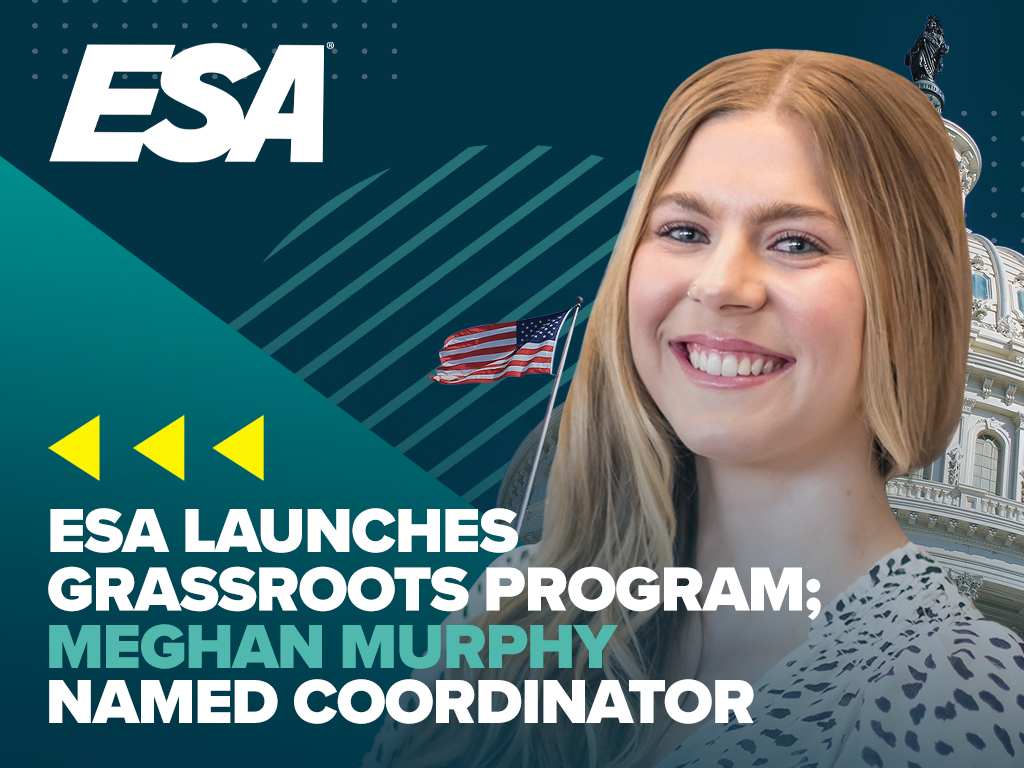Help Wanted: Everywhere!

We hear it from members and from other trade associations with skilled workforces – “I can’t find enough people for the open positions I have”. This is a common theme throughout the country and is evidenced by the 10.25 million private sector job openings in March 2022. Over two (2) million of those openings are in the “trade, transportation, and utilities” industry.
Many factors contribute to this dilemma for businesses, and some are deeply rooted that will not be resolved with quick legislative fixes. But Congress and state legislatures can do some things to mitigate the growing problem. Here are a few examples –
Make Pell Grant and other federal college loan funds available to career and technical education programs. One of the most contentious issues of the day is “college loan debt” and Democratic plans to eliminate or “forgive” certain college loans. For many years students were “pushed” into college in order to obtain meaningful work. But many students failed to finish or finished with degrees that provide no useful skill in the marketplace. Meanwhile, trade classes in high schools were shut down and most federal programs supported higher education through Pell Grants and similar funding mechanisms. College loans also became one of the primary sources of funding for many. Bills in Congress such as the “JOBS Act” would make Pell Grant funds available to career and technical education programs that meet specified criteria. This change would redirect many students to high-skill, high-demand jobs that are available in growing industries, not to mention save them thousands in future student loan debt.
Create occupational licensing reciprocity between states. Wile occupational licensing is widely varying among the states for many trades and professions, states with substantially similar licensing requirements should create reciprocity to attract more workers. Some states are growing population, and some are losing population. Workers will go where the work is, given equal access from a licensing perspective. States that facilitate licensing for workers from other states will more quickly close the skills gap for those professions and trades.
Eliminate unnecessary barriers to entry. States that want to grow, need to create fewer barriers to entry and create more opportunities for lateral entry. Reciprocity is one means but minimizing other barriers to entry in the workforce is also something legislatures can do. For electronic security, the largest barrier to entry is maintaining obsolete training and education requirements for the skillset needed in a rapidly evolving industry. The training needed for a home alarm technician is vastly different than that required for a commercial fire or integration technician. Licensing requirements should reflect the difference. Some states recognize the difference. Others don’t.
When you see the type of bills come through our weekly or monthly legislative updates that will help your business with skilled labor in your state, take the time to call your representative and encourage their support. It is often that personal contact from a constituent that can make all the difference. Stay Engaged!




